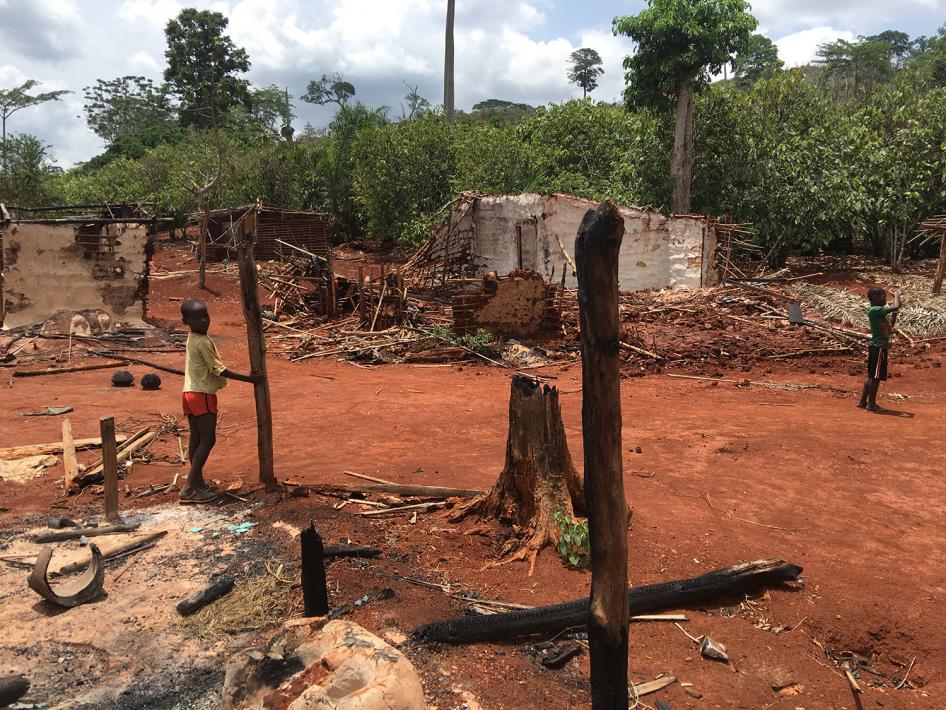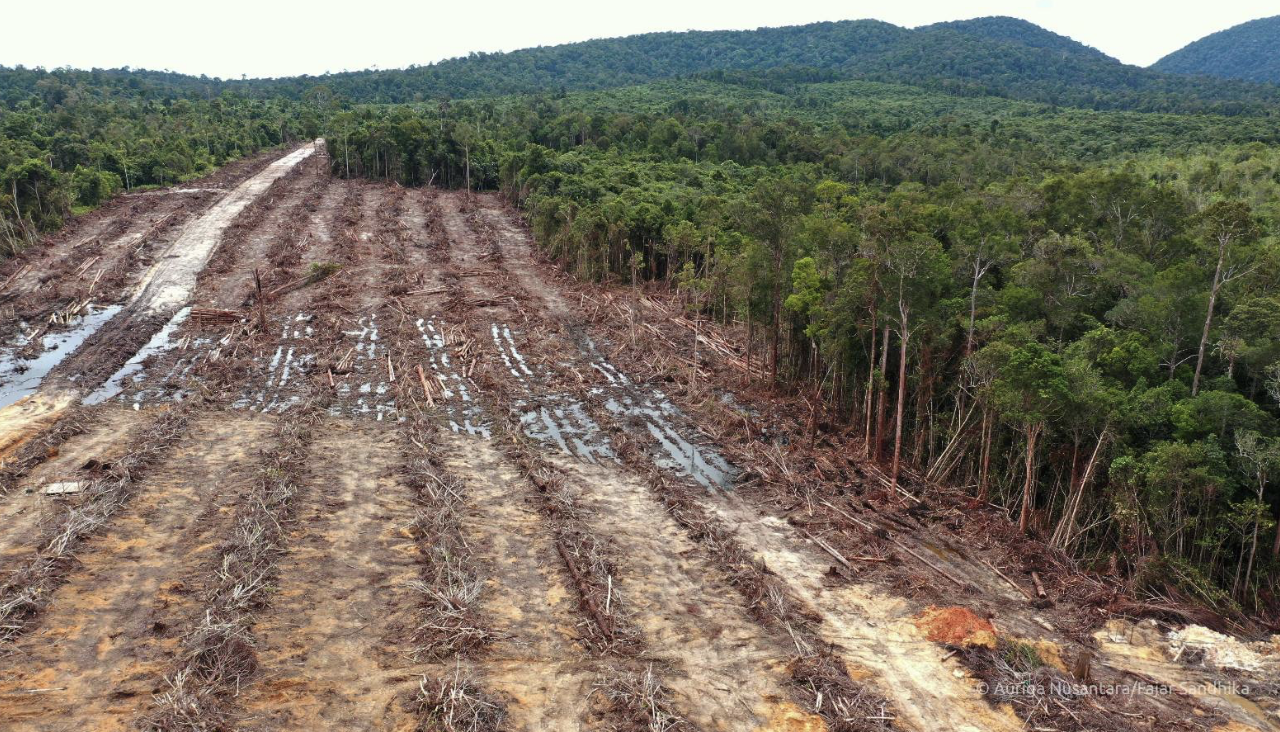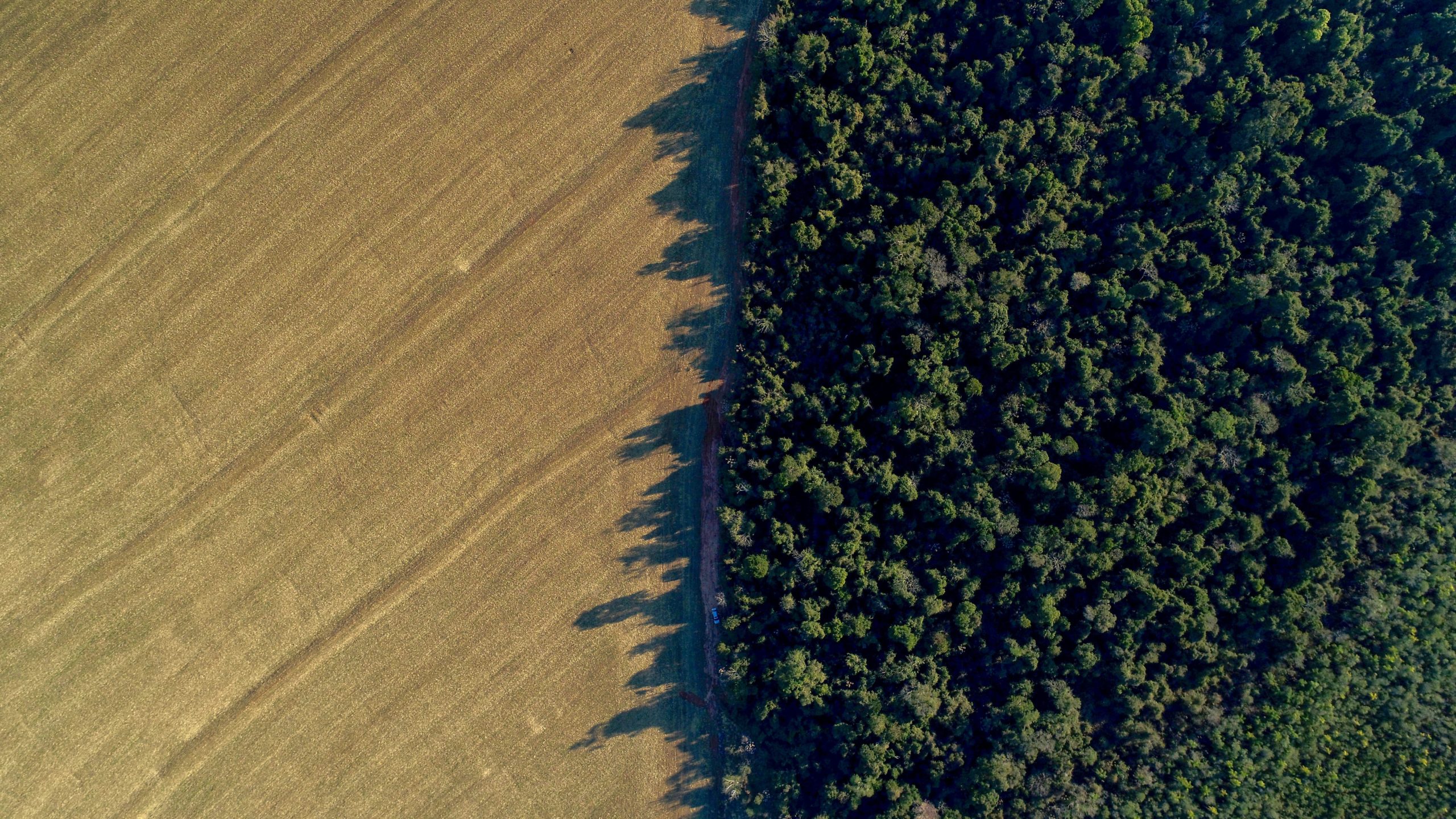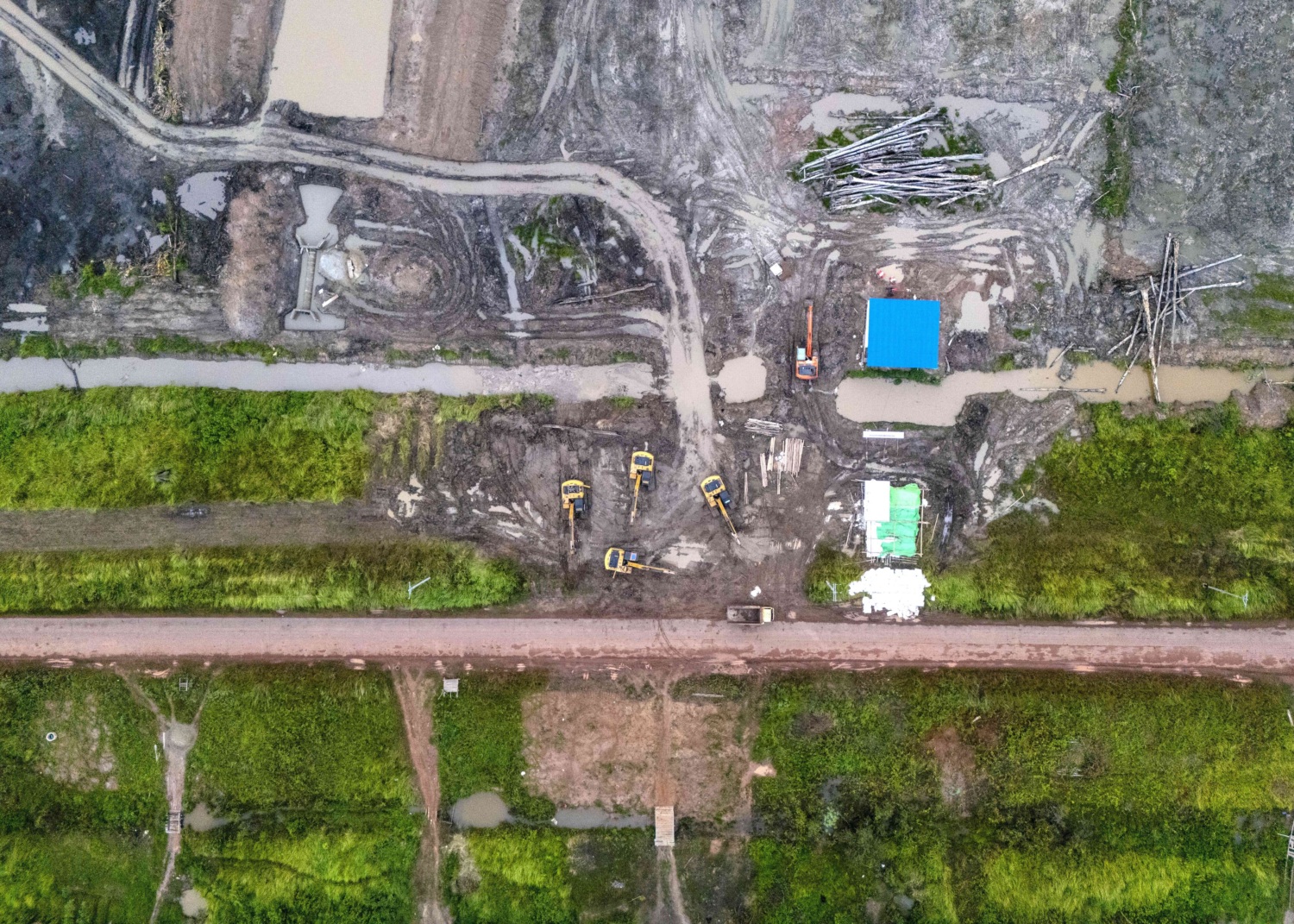
Standing up for forests and farmers
Mighty Earth applauds the government of Cote d’Ivoire for seeking to better protect its forests and for its willingness to move towards a greener future, putting behind the bitter past of losing 85 percent of its forests since 1990. Likewise, we welcome positive elements in the new Ivorian forest code, recently adopted by the Ivorian National Assembly.
However—we are gravely concerned by the implications of mass evictions from parks and protected areas. Incentivized by decades of the $100-billion-a-year chocolate industry turning a bind eye to forest destruction and funding illegal cocoa production in these areas, 1.5 – 2 million people thought to be living illegally in the parks and protected areas of Cote d’Ivoire and Ghana
In its declaration, the Ministre des Eaux et Forêts was clear that protected areas will be emptied of their inhabitants.
We call urgently for the recognition and respect of the human rights of these inhabitants. These people have rights and must be protected from abuses.
Published below is our recent Joint Human Rights Watch-Mighty Earth Cote d’Ivoire Dispatch regarding the urgent need to guarantee the human rights of illegal cocoa farmers. Also below is a 2018 open letter, co-signed by Mighty Earth, Human Rights Watch (HRW), Le Regroupement des Acteurs Ivoiriens des Droits de l’Homme(RAIDH), and Fern, regarding egregious abuses of illegal cocoa farmers inside the Ivorian national park of Marahoue.
This previously unpublished letter presents the findings of a joint investigation to the government of Cote d’Ivoire. Following unsuccessful negotiations with the government, led by senior environmental advisor to the president, Dr. Mamadou Fofana, authorities declared that the government of Cote d’Ivoire would refuse to hold any perpetrators accountable or to compensate victims in any way. Given the risks that farmers now face, the Marahoue case has renewed relevance, and so we publish it today, along with videos and photos taken during the Marahoue field investigation.
We call on the Ivorian authorities to protect human rights and allow independent civil society monitors to observe any actions taken. In parallel, we call upon the chocolate industry to create a humanitarian aid fund to compensate farmers who are expelled from parks and protected areas. Having created the conditions leading to the illegal occupations of these areas the industry has a moral responsibility to finance solutions, and assist expelled farmers in rebuilding their lives.
Farmers Face New Round of Eviction from Protected Forests in Côte d’Ivoire
Government Should Ensure Small-Scale Farmers Receive Adequate Notice, Compensation
Jim Wormington, Researcher, Human Rights Watch
Etelle Higonnet, Campaign and Legal Director, Mighty Earth
Côte d’Ivoire, fighting widespread and rapidly advancing deforestation, is embarking on an ambitious plan to reclaim and rehabilitate its forests. As it moves to protect a key national resource, the government needs to be careful not to trample of the rights of the thousands of small-scale farmers now facing eviction.
Côte d’Ivoire has seen its forest decline from 50 percent of its territory in 1900 to less than 12 percent in 2015. Much of the deforestation has been driven by Côte d’Ivoire’s cocoa industry – the world’s biggest – with the government estimating between 30 and 40 percent of cocoa comes from protected forests. Most cocoa is produced by small-scale farmers who receive only a fraction of the profits from crop sales.
In June 2018, Côte d’Ivoire published a new forestry policy that would convert most of its decimated protected forests to Agro-Forests, with multinational companies – mostly from the lucrative global chocolate industry – responsible for developing sustainable agroforestry cocoa farming methods. For the remaining forests, the Ministry for Water and Forests proposes to strictly enforce long-neglected laws banning farming and occupying protected forests and national parks.
The implementation of the new forestry policy will likely result in the evictions of thousands of small-scale cocoa farmers, with an estimated 1.5 to 2 million cocoa farmers living in protected forests and national parks in Côte d’Ivoire and neighboring Ghana. The Ivorian protected forest of Scio, for example, where thousands of people live, reportedly received notice of an eviction operation planned for July.
Although the Ivorian government has the right to reclaim forests intended for conservation, international law protects anyone who occupies land from forced evictions that do not respect the dignity and rights of those affected, regardless of where they are living.
Past eviction operations in Côte d’Ivoire have left farmers’ families without adequate shelter, food, and education, and we have documented extortion, corruption, and physical abuses committed by government agents conducting evictions. In an October 2017 letter on the creation of Agro-Forests, we also warned that large agricultural companies often fail to protect the rights of small-scale farmers, especially when national regulations are unclear or not enforced.
The Ivorian government is right to want to protect and rehabilitate forests. But it should ensure that evictions are only used as a last resort and farmers receive adequate notice, compensation for property and crops, and assistance finding new land or obtaining new livelihoods. Measures to protect the environment, such as the protection of protected forests, should be implemented while respecting the rights of those who live in the area.
This piece is crossposted from Human Rights Watch
[aesop_gallery id=”58758″ revealfx=”off” overlay_revealfx=”off”]
Read Marahoue letter in French here.
Read Marahoue letter in English here.


